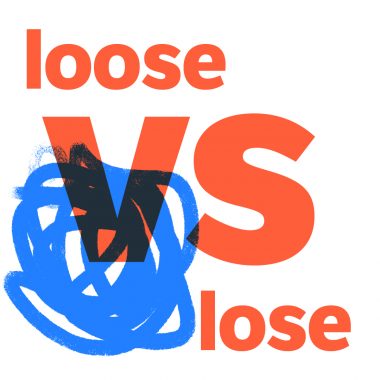What’s The Difference Between “A While” And “Awhile”
What is the difference between a while and awhile? Few word pairs capture the idiosyncrasies (“peculiar characteristics”) of the English language like a while and awhile do. Both of these terms are expressions of time, but one is written with a space while the other is one word. In fact, these two terms represent different parts of speech. The two-word expression a while is a noun phrase, consisting of the article …











